If Africa is to build a thriving economy — one where companies generate strong shareholder returns while preserving the dignity of workers — education must transcend skills training. Merely chasing the latest youth-skills trend will not guarantee sovereignty or collective prosperity.
Every few years, a new skills fad dominates discourse. Recently, the spotlight was on coding, and countless bootcamps emerged. Yet today, artificial intelligence threatens many entry-level coding jobs. Coding itself is not the problem; the problem is the narrow focus on single-skill training at the expense of holistic, values-driven education.
The next generation of African leaders will not be shaped by technical skills alone, but by the principles of liberatory education.
What Is Liberatory Education?
Liberatory education reframes knowledge and reshapes mindsets by rejecting human hierarchy. As Brazilian educator Paulo Freire emphasized, it deepens autonomy, sharpens critical consciousness, and fosters participation in co-creating the world around us.
Unlike training programs that transfer skills, liberatory education transforms learners into wise leaders capable of systemic change. It produces not just workers but visionaries who can innovate, lead corporations, influence policies, and build sustainable economies.
Rethinking Africa’s Future
Africa must leverage both natural resources and human capital, ensuring financial growth while safeguarding workers’ welfare. Instead of trailing behind global skills trends, African nations should build ecosystems — universities, corporations, entrepreneurs, and policymakers — that make the world look to Africa for innovation.
A Lesson from Tradition
As an Ashanti, I recall the fable *The Leopard’s Drum*. It tells of a young boy who mastered the royal drum, which not only produced music but also carried proverbs and messages of authority. When a leopard tried to seize the drum, the boy’s wisdom and courage allowed him to outwit the beast and fulfill his duty.
The accompanying proverb says, “Wisdom is not the same as the knowledge of acquiring a skill.”
Africa risks failure if it raises a generation skilled but unwise. Only transformative education — rooted in wisdom and liberation — can safeguard the continent’s future against the “leopards” it will face.


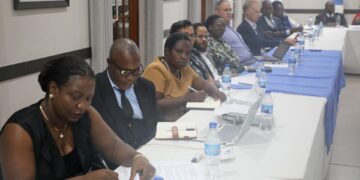
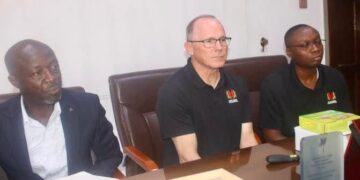


























































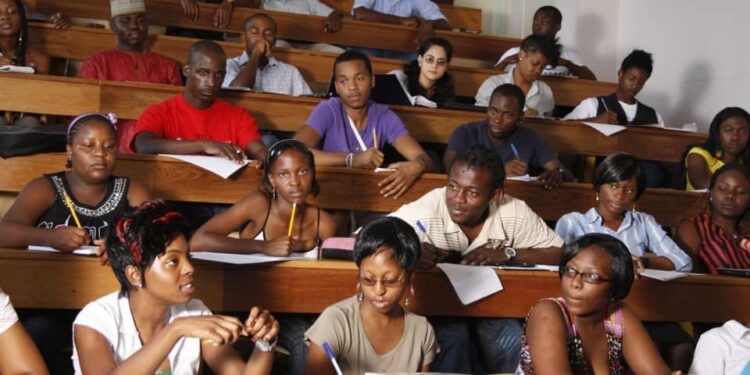




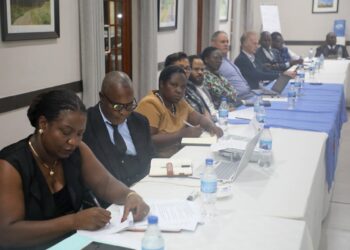
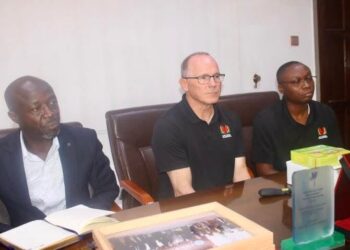
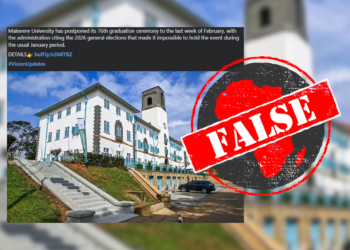

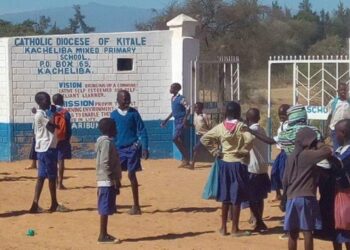










 EduTimes Africa, a product of Education Times Africa, is a magazine publication that aims to lend its support to close the yawning gap in Africa's educational development.
EduTimes Africa, a product of Education Times Africa, is a magazine publication that aims to lend its support to close the yawning gap in Africa's educational development.